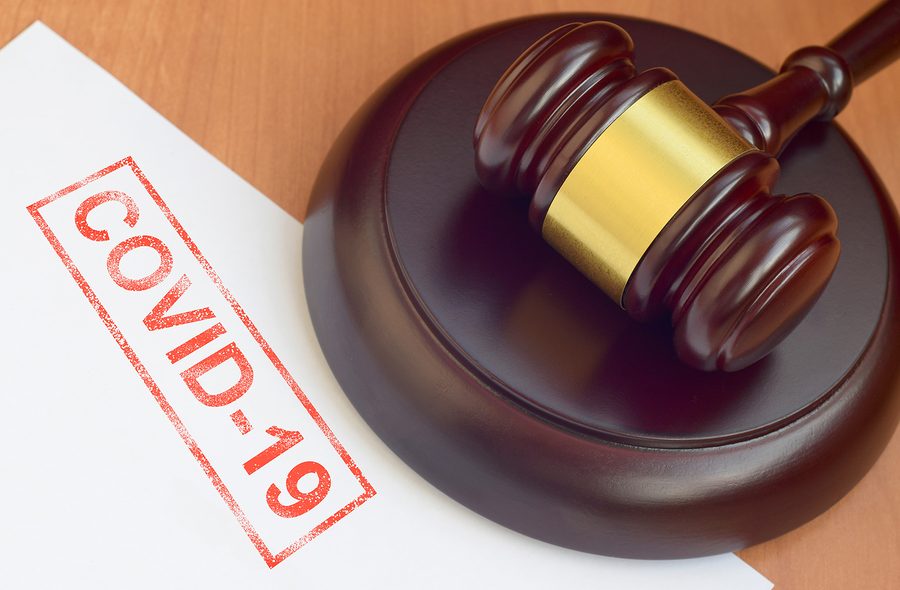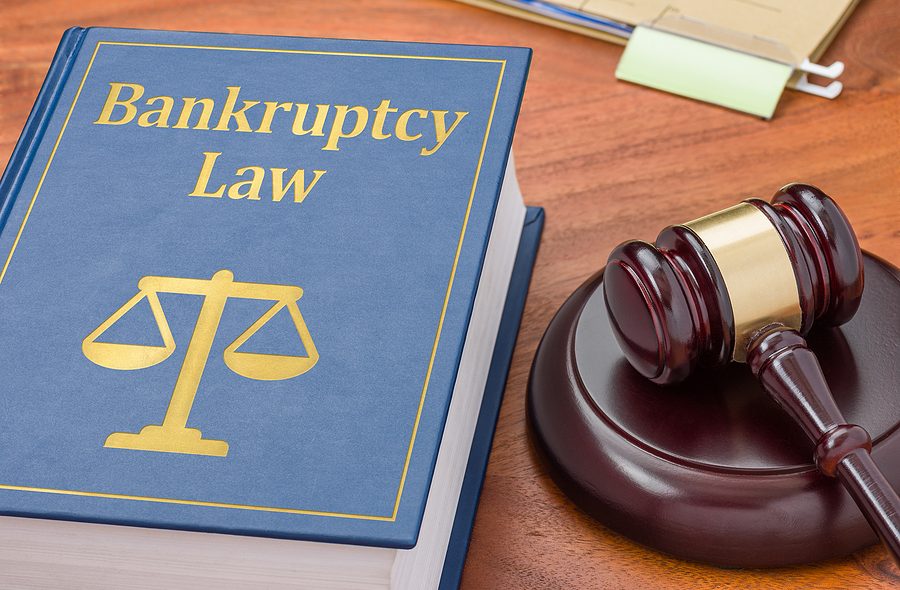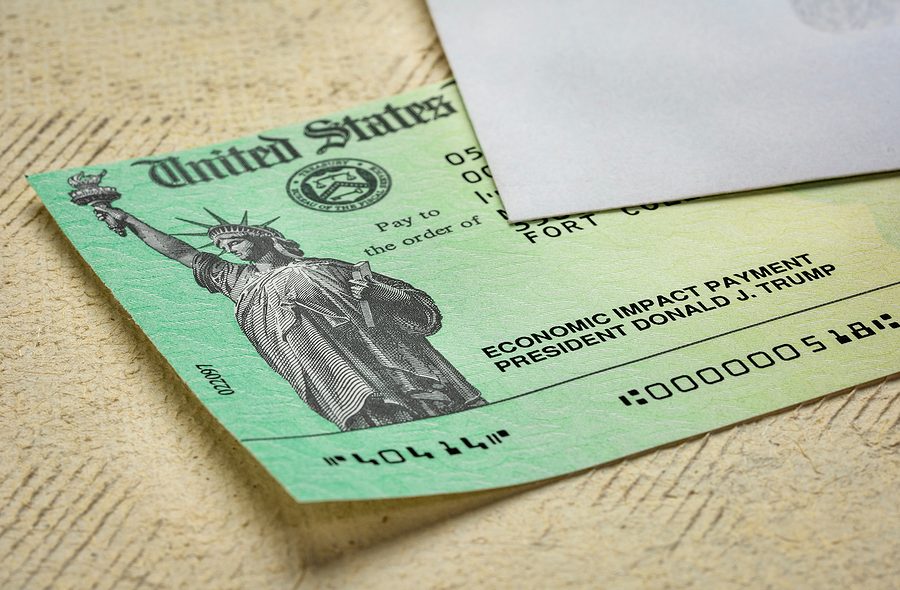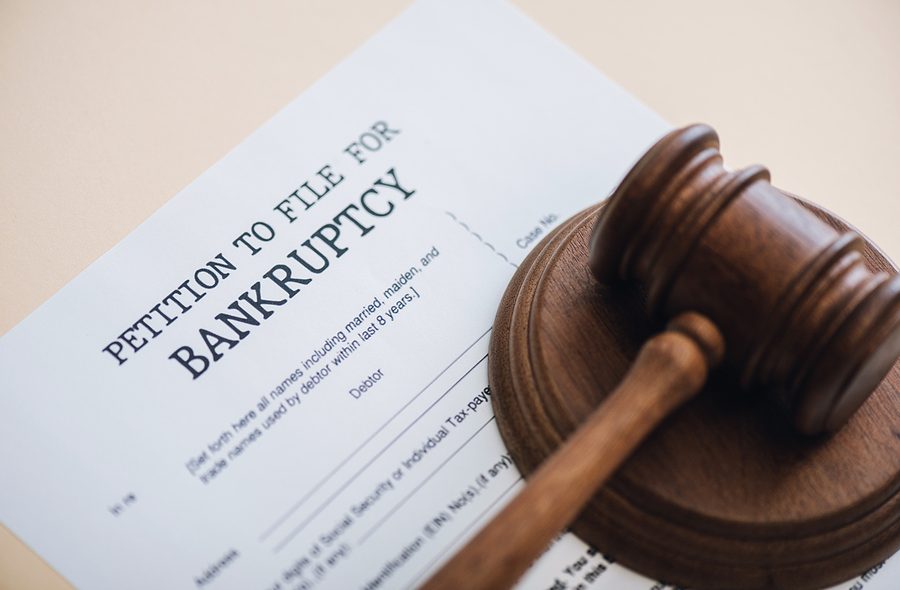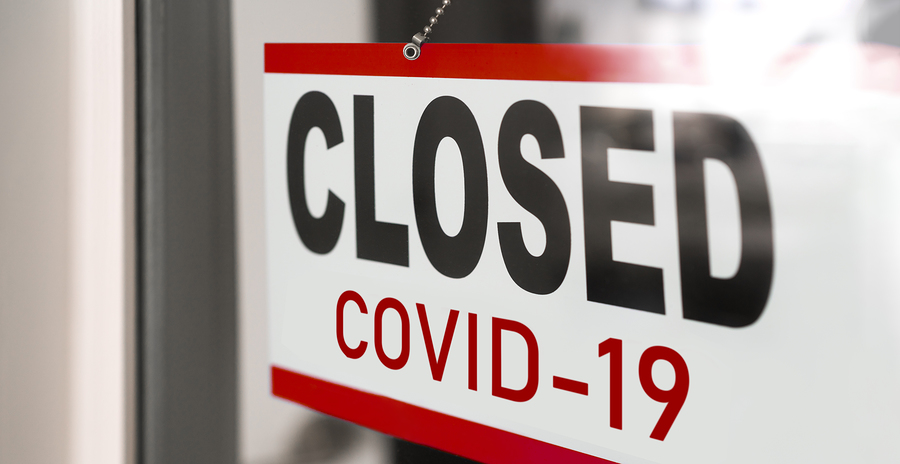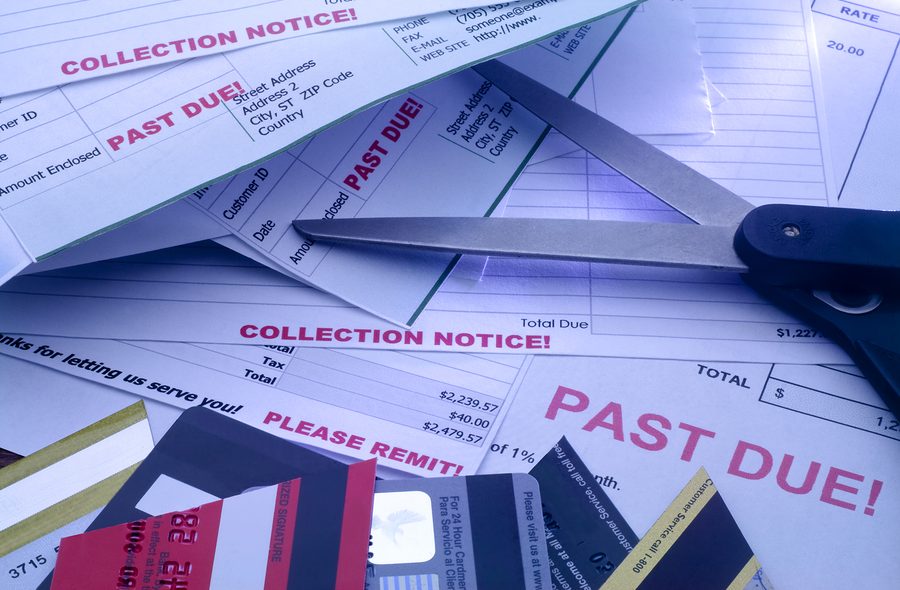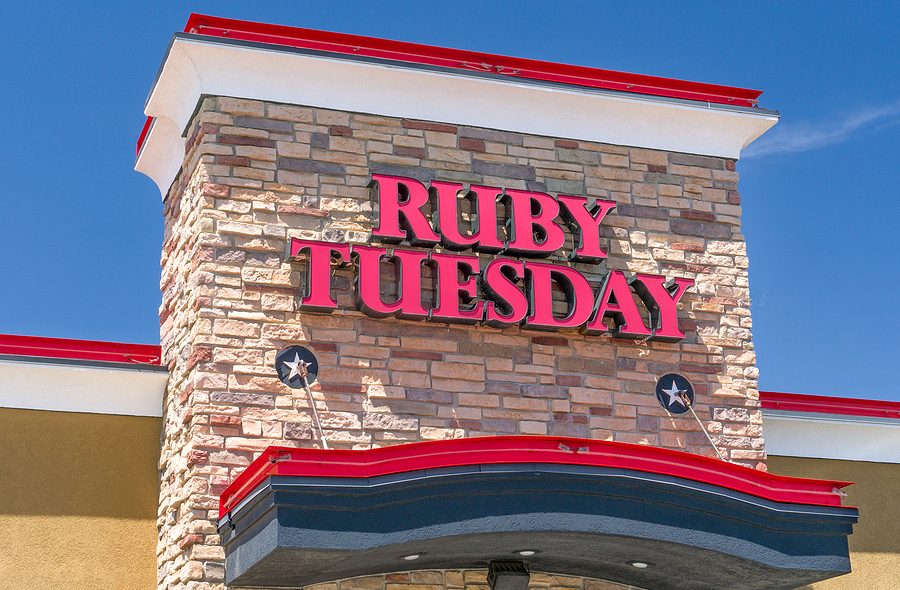As the country nears the one-year mark since the start of the COVID-19 pandemic, the financial effects are continuing to have effect on consumers and small businesses. The pandemic forced the shutdown of countless businesses throughout the country, and the expected wave of impending Chapter 11 bankruptcy cases is only now beginning to hit the nation’s legal system.
According to court records, the number of Chapter 11 bankruptcy filings were up by approximately 20 percent, when compared to filings in 2019. These numbers are only expected to grow.
Certain sectors of the economy have been hit much harder than others. According to figures from New Generation Research, restaurants, retailers, entertainment companies, and real estate firms have filed for bankruptcy protection more now than in previous years. The number of bankruptcy filings made by entertainment companies quadrupled in 2020 alone. The number of filings has tripled for oil and gas companies, while doubling for restaurant owners, retailers, and real estate companies.
Thus far, more than $3.7 trillion in federal stimulus money has been issued in an effort to help offset the damage caused by the COVID-19 pandemic. Even with this money and the possibility of more coming in the future, many businesses have not been able to survive.
The true effects of the pandemic may not be seen for several years. After the Great Recession of 2007, the bankruptcies that resulted were not filed until 2010, a few years after the start of the recession.
The widespread shutdowns brought on by COVID-19 have hit the restaurant industry hard, and financial experts worry that they may be the hardest hit from the financial crisis. The route these businesses will take can vary depending on what the businesses owners have decided to do. Many of them have already made the decision to close down completely in lieu of pursuing a business bankruptcy. Others have chosen to file for Chapter 7 bankruptcy, meaning that their assets will be liquidated and used to pay down the debts, leaving the restaurants permanently closed.
With so many people working from home, the need for office space has also dropped off dramatically, leading to a drop in real estate values for both retail and office spaces, hitting the real estate sector, as well.
Some of the larger chain retailers who have filed for Chapter 11 bankruptcy over the summer of 2021 include J. Crew, Neiman Marcus, J.C. Penney, Brooks Brothers, and Lord and Taylor. According to S&P Global, there was an average of two corporate bankruptcy filings per day in the months of June and July.
Not only have retailers been hit hard but their suppliers have, as well. An example of this is Country Fresh, a supplier of fresh fruit snacks, sides, soups, and salads to convenience stores, filed for Chapter 11 bankruptcy mid-February 2021. This filing represents just one of the many suppliers who have been hit hard and are still struggling from the pandemic. It remains to be seen whether more filings will follow as 2021 progresses.
Please click here to read more.
If you have questions on this topic or are in financial crisis and considering filing for bankruptcy, contact an experienced Miami bankruptcy attorney who can advise you of all of your options. As an experienced CPA as well as a proven bankruptcy lawyer, Timothy Kingcade knows how to help clients take full advantage of the bankruptcy laws to protect their assets and get successful results. Since 1996 Kingcade Garcia McMaken has been helping people from all walks of life build a better tomorrow. Our attorneys’ help thousands of people every year take advantage of their rights under bankruptcy protection to restart, rebuild and recover. The day you hire our firm, we will contact your creditors to stop the harassment. You can also find useful consumer information on the Kingcade Garcia McMaken website at www.miamibankruptcy.com.

